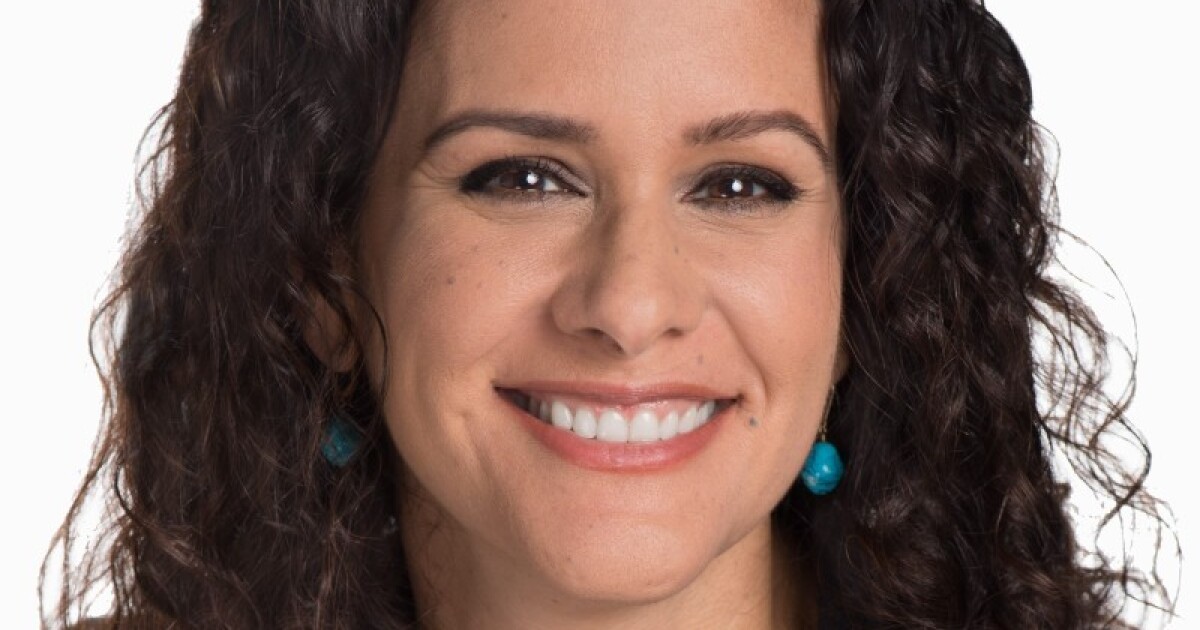In the world of debits and credits, there’s one account that often runs perpetually overdrawn: your time. As an accountant, you’ve mastered balancing books, but how often does your life feel out of balance?
Deadlines looming, clients calling, and that nagging feeling that you’re always a step behind. Sound familiar? It’s time to flip the script on your relationship with time.
Forget traditional time management advice because, in accounting, cookie-cutter solutions fall flat. You need intentional time management — a tailored approach that aligns your hours with professional ambitions and personal values.
The accounting time crunch: A unique challenge
Tax seasons, audit deadlines, and client emergencies don’t politely wait their turn. They crash into your calendar like uninvited guests, often overstaying their welcome. Add the constant need to stay ahead of regulatory changes and emerging technologies, and it’s no wonder you might feel like there’s never enough time.
But what if you could change this narrative?
Intentional time management goes beyond squeezing more tasks into each hour. It’s a deliberate approach to shaping your days for maximum impact and fulfillment. By viewing time as a valuable asset — much like the financial assets you manage for clients — you can make deliberate, value-driven choices about where and how you invest your hours.
Here’s how you can start:
- Sync with your energy rhythms: Not every hour of your day holds equal potential. Identify your peak energy times and guard them fiercely for your most demanding work. Reserve those sharp morning hours for complex analyses or strategic client meetings.
- Dive deep, emerge productive: With the constant pings and notifications, the ability to focus deeply can be your superpower. Carve out uninterrupted blocks for concentrated work. Start with 30-minute deep dives and gradually extend as your focus muscle strengthens. You’ll be amazed at how much you accomplish when you eliminate the constant context-switching.
- Tame the technology beast: Yes, technology is essential in modern accounting. No, it shouldn’t run your life. Set clear boundaries around email and messaging. Try batching communications at set times rather than responding to every alert instantly. Clients and peers will appreciate your thoughtful responses more than your instantaneous ones.
- Lead the charge on collaborative time management: Extend these principles to your entire team. Establish “quiet hours” or use shared calendars to coordinate deep work periods. When the whole team masters time, productivity soars collectively.
- Wield the power of a strategic no: Every yes comes at the cost of something else. Evaluate new requests against your priorities. Don’t hesitate to decline or delegate tasks that don’t align with your core objectives. Saying no to the wrong things allows you to say yes to what truly matters.
Busy season strategies to manage your time
Busy seasons in accounting are as inevitable as tax day itself. But they don’t have to capsize your work-life harmony. These high-pressure periods can actually become opportunities to refine your time management skills and demonstrate your value.
Try these approaches:
- Set clear client expectations about response times and availability. Most clients appreciate transparency and will respect reasonable boundaries.
- Build in recovery periods after intense work sprints. Even short breaks for exercise, meditation or family time can recharge your batteries.
- Use quieter periods strategically. Invest in professional development, refine internal processes, or tackle business development initiatives during lulls.
- Delegate effectively. Identify tasks that can be handled by team members or outsourced, freeing you to focus on high-value work that truly requires your expertise.
Your journey to intentional time management starts now
Transforming your relationship with time won’t happen overnight, but small steps lead to significant change. Here’s how to begin:
- Conduct a time audit. Track your actual time use for a week. Where are you losing hours to low-value activities?
- Define your true priorities. What matters most in your work and personal life? Use these as filters for decision-making.
- Experiment with time-blocking. Schedule your day in focused chunks, including time for deep work, communication and breaks.
- Establish tech boundaries. Set specific times for checking email and messages rather than allowing constant interruptions.
- Communicate changes. Let colleagues and clients know about shifts in your availability or response times.
- Reflect and refine. Regularly assess what’s working and what isn’t. Be willing to adjust your approach as you learn.
We all know that perfect time management doesn’t exist, especially in accounting. But that doesn’t mean we can’t get better at it. The ideas we’ve talked about here aren’t about turning you into a productivity robot. They’re about helping you find a way to do great work without sacrificing everything else in your life.
Maybe you’ll start by blocking out an hour each morning for focused work. Or perhaps you’ll experiment with setting clearer boundaries around your availability. Whatever you choose, the key is to start somewhere and stick with it long enough to see if it makes a difference.
Start by making your time count — both at work and outside of it. Because at the end of the day, being a great accountant shouldn’t mean you can’t also be a great friend, parent, spouse or whatever else matters to you.


 Economics1 week ago
Economics1 week ago
 Economics1 week ago
Economics1 week ago
 Personal Finance1 week ago
Personal Finance1 week ago
 Economics1 week ago
Economics1 week ago
 Accounting7 days ago
Accounting7 days ago
 Economics1 week ago
Economics1 week ago
 Economics1 week ago
Economics1 week ago
 Personal Finance1 week ago
Personal Finance1 week ago












